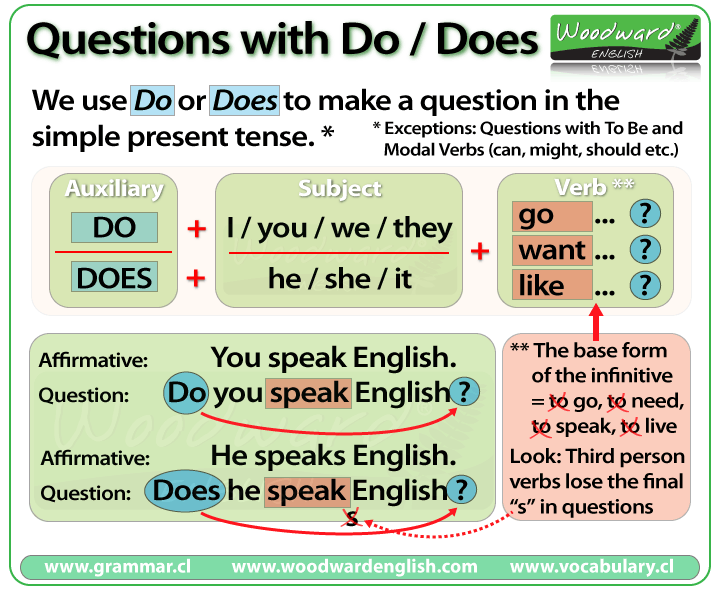AP US Government & Politics: How Challenging Is It? Real Difficulty, Insights, and Success Strategies
Understanding the Challenge: AP US Government and Politics vs. AP Comparative Government
Advanced Placement (AP) US Government and Politics, along with AP Comparative Government and Politics, are among the most popular social science courses offered at the high school level in the United States. Both courses are designed to mirror introductory college-level political science classes, offering students a rigorous academic experience and the opportunity to earn college credit. But are these AP government courses considered hard? How do students typically fare, and what can you do to succeed? This guide explores these questions in depth, offering actionable advice, real-world statistics, and clear steps for maximizing your performance.
Difficulty Ratings: What Real Students Say
When evaluating the difficulty of AP US Government and Politics, it’s essential to distinguish between perceived challenge and actual outcomes. According to data collected from thousands of AP alumni, AP US Government and Politics is rated 4.4/10 for overall difficulty , placing it as the 7th-easiest out of 28 major AP classes surveyed [1] . This may come as a surprise, given the reputation of AP courses for their rigor.
However, despite this moderate difficulty rating, the pass rate for AP US Government is lower than many other AP exams . In recent years, only about 49% to 57.5% of students score a 3 or higher , compared to an average pass rate of over 70% across all AP exams [1] [4] . This suggests that while the material may not be overwhelmingly complex, mastering the breadth of content and the exam format can be challenging for many students.
What Makes AP US Government and Politics Hard?
The true challenge of AP US Government and Politics lies in its content structure and exam demands. The course covers a wide array of topics, including:
- Foundational documents and Supreme Court cases
- Political processes, institutions, and policy-making
- Political ideologies and citizen participation
The exam itself consists of two major sections: multiple-choice questions (about 80 minutes) and four free-response questions (about 100 minutes) that demand strong essay-writing and critical thinking skills [1] . Students are expected to analyze texts, interpret data, and construct coherent arguments.
According to experts and former students, the following aspects often increase the difficulty:
- Volume of Content: The curriculum is broad, requiring familiarity with a significant number of concepts, cases, and political theories.
- Analytical Skills: Success depends on the ability to dissect complex texts, interpret statistical data, and make nuanced arguments.
- Exam Structure: The writing component, especially the argument essay and data analysis questions, challenges even students with good factual recall [4] .
Additionally, the inherently debatable and sometimes contradictory nature of US politics means answers are not always clear-cut. The course demands intellectual flexibility and the capacity to consider multiple perspectives [2] .
How Hard Is AP Comparative Government and Politics?
AP Comparative Government and Politics also presents unique challenges. While it is less commonly taken than AP US Government, students must master the governmental systems of six countries, including the UK, Russia, China, Iran, Nigeria, and Mexico. The course requires comparing political institutions, policies, and societal impacts across diverse contexts.
Difficulty ratings for AP Comparative Government and Politics are similar to AP US Government, but some students report a steeper learning curve due to unfamiliar international content. However, the pass rate and scoring data are generally in line with the overall AP average [1] . Students with strong interest in international affairs often find the class engaging and manageable, while those less familiar with global issues may need additional preparation.
Success Strategies: How to Prepare and Succeed
Regardless of the AP Government course you choose, there are clear steps you can take to improve your chances of success:

Source: salvajeando.blogspot.com
1. Understand the Exam Format and Content Scope
Familiarize yourself with the official course and exam description provided by the College Board. Note the weight of each unit and the types of skills assessed. For AP US Government, pay special attention to key Supreme Court cases, foundational documents, and the structure of free-response questions.
2. Strengthen Core Skills
Both AP Government courses value critical reading and argumentative writing . Practice breaking down dense texts, identifying main points, and constructing evidence-based essays. Seek feedback from teachers or peers to refine your writing and analytical approach.
3. Use Reliable Study Resources
Consider using reputable test prep books, online practice exams, and review websites. Many former students recommend resources such as official College Board materials and well-reviewed commercial guides. For additional practice, you can search for “AP Government practice questions” or use platforms recognized by teachers and students.
4. Create a Study Timeline
Given the volume of material, develop a realistic study schedule. Break the curriculum into manageable segments, review regularly, and focus more time on challenging areas. Many students benefit from group study sessions or tutoring when tackling difficult concepts.
5. Take Practice Exams Under Timed Conditions
Simulate real exam conditions by taking full-length practice tests. This helps build stamina and familiarizes you with the pacing of both multiple-choice and free-response sections.
6. Seek Support from Teachers and Peers
Don’t hesitate to ask questions during class or consult your teacher for clarification. If your school offers AP study sessions, consider joining them. Online communities, such as the r/APStudents subreddit, can also provide peer support and resource recommendations.
Overcoming Common Challenges
AP Government courses can be daunting, but several strategies can help you overcome difficulties:
- If essay writing is a weakness, focus on outlining and drafting arguments before writing full answers.
- If you struggle with memorizing court cases or political theories, create flashcards or use mnemonic devices.
- If time management is an issue, practice answering questions under timed conditions and use review sessions to target weak spots.
Alternative Pathways and Support
If you are considering AP Government but remain concerned about the challenge, you can:
- Audit a regular government or civics course first to build foundational knowledge.
- Start with AP US Government before attempting AP Comparative Government, as the latter often builds on concepts from the former.
- Consult your school counselor to discuss your academic workload and readiness for AP-level courses.
For students with learning differences or anxiety about the exam, accommodations may be available through your school’s AP coordinator. You can ask about options such as extended time or alternative testing environments.
How to Access AP Government Courses and Exams
If you wish to enroll in AP US Government and Politics or AP Comparative Government and Politics, follow these steps:
- Speak with your school counselor or AP coordinator about course prerequisites and scheduling.
- Register for the course through your high school. Most schools offer AP courses to juniors or seniors, but eligibility varies.
- Once enrolled, your teacher will guide you through the process of registering for the AP exam, typically administered in May.
- For students not attending a school that offers AP Government, you may be able to self-study and arrange to take the exam at a nearby school that accepts outside students. Contact the College Board or visit the official AP Students site for more information on alternative exam arrangements.
Official information about AP courses and exam registration can be found by searching “AP US Government and Politics” or “AP Comparative Government and Politics” on the College Board’s official website. If you have questions about accommodations or special testing circumstances, consult your school’s AP coordinator or counselor.
Key Takeaways
AP US Government and Politics and AP Comparative Government and Politics are both rigorous, rewarding courses that prepare students for college-level political science. While difficulty ratings suggest AP US Government is not among the hardest APs, lower pass rates indicate that thorough preparation and strong analytical skills are essential. By understanding the expectations, leveraging reliable resources, and seeking support, students can overcome challenges and succeed in these important courses.
References
- [1] Exam Study Expert (2024). Are AP US Government & Politics and AP Comparative Government & Politics Easy Or Hard?
- [2] Albert.io (n.d.). Is AP® US Government Hard?
- [3] Albert.io (2025). AP® US Government FAQ: Everything You Need to Know.
- [4] BestColleges (2022). Is AP U.S. Government and Politics Hard? A Complete Guide.



